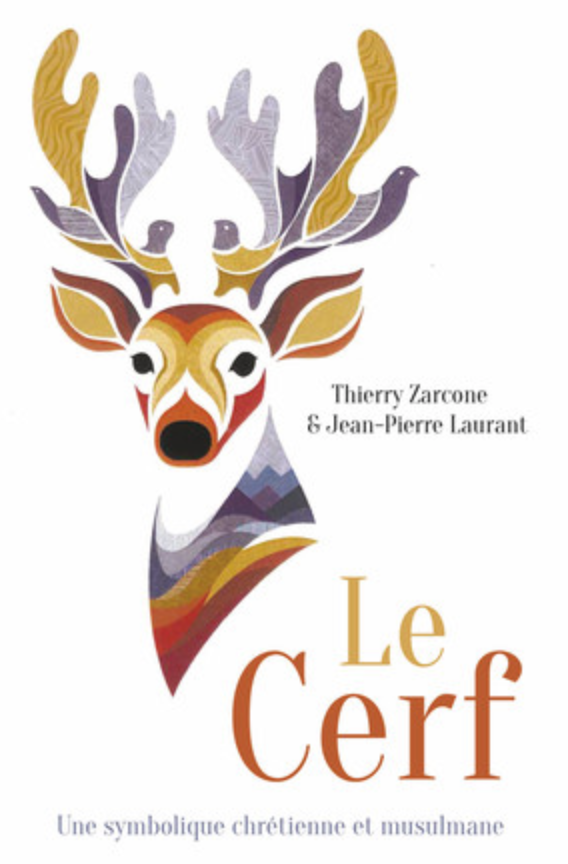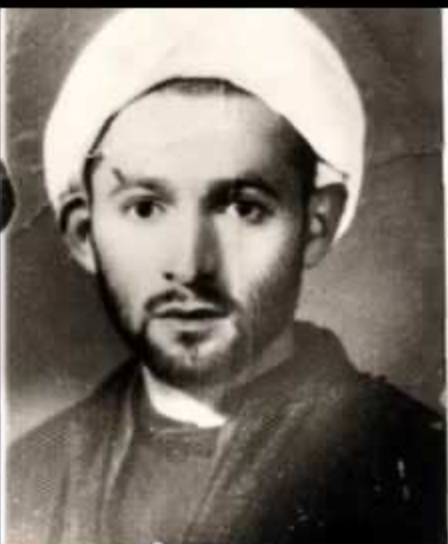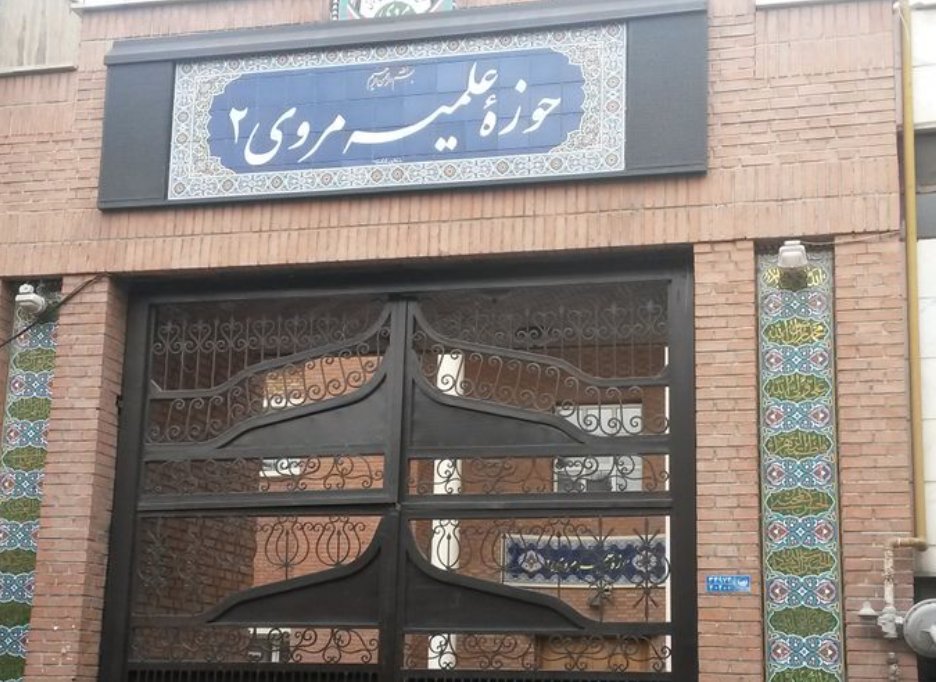One of the more unexpected elements of Restating Orientalism of #WaelHallaq was finding him use perhaps the most important 'traditionalist' of the 20th C René Guénon (later ʿAbd al-Wāḥid Yaḥyā, 1886-1951) to critique #Said cup.columbia.edu/book/restating… 1/ 







#Hallaq account is classic decolonizing use of elements of #Orientalism against the overarching apparatus and discourse 2/
I first came across #Guénon as a fresher reading the works of Seyyed Hossein Nasr (b. 1933) - and read his La Grande triade and later Fundamental Symbols (reprinted in a series of his by Philosophia Perennis, a traditionalist publisher based in Cambridge) #Traditionalism 3/ 



Later in 90s I got the rest of his works in a mix of French originals and English translations and then came across @MJSedgwick work Against the Modern World which is n #Guénon and his legacies in Sufism #FrithjofSchuon (1907-1988) and others global.oup.com/academic/produ… 4/ 

Incidentally on a visit to Cairo in 2002 (for the book fair no less...)I went to see @MJSedgwick and we chatted about the book he was writing; it remains the definitive work in English - the French literature is much larger 4a/
This excellent introduction to #Guénon #Traditionalism includes Jean-Pierre Laurant (b. 1935), a leading intellectual historian of French #esotericism and #Freemason who used to teach at #EPHE 4b/ 







For an interesting Sufi reception that locates him within #IslamicTraditionalism, see Slimane Rezki (a graduate of #EPHE) in this video, author of two volumes on #Guénon published by al-Bouraq in #Paris 4c/ 



I will not get in the politics (psychological, social, religious, sexual) relating to #Schuon - there are indications of all that in #AgainsttheModernWorld - who was #Guénon and what was his impact on modern #intellectual_history 5/
So let's consider the context whence he came, the trends to which he contributed and how René Guénon, a traditionalist Catholic in #ThirdRepublic France became a #Sufi #Egyptian ʿAbd al-Wāḥid Yaḥyā 6/
• • •
Missing some Tweet in this thread? You can try to
force a refresh
















